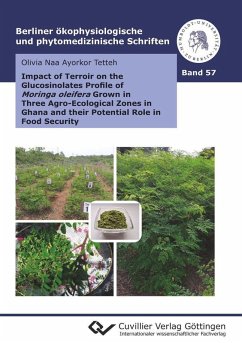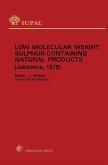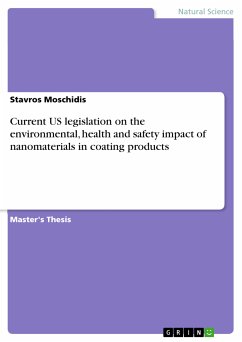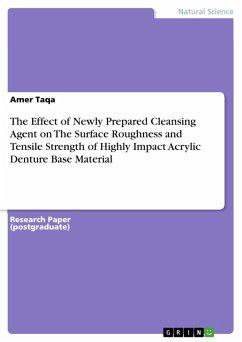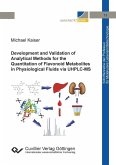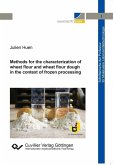Moringa oleifera Lam. can survive extreme growth conditions by adjusting its metabolism. Among the potential metabolites produced during adaptation are glucosinolates, which possess potential cancer chemoprotective attributes.
Recent climate events, such as increased temperatures and prolonged drought, impact crop yield and quality significantly. Therefore, climate-resilient plants such as M. oleifera can be utilized in areas where crop production is adversely affected.
Understanding how terroir factors and cultural practices affect the glucosinolate profile in M. oleifera is important for optimizing cultivation strategies. To achieve this, the leaves from cultivated and wild-grown mature M. oleifera plants were harvested for intact glucosinolates analysis. Prior to the analysis, preserving the plant materials to prevent the breakdown of glucosinolates was important. Given that the use of dehydration methods such as freeze drying for the leaves is expensive and laborious in developing countries like Ghana, a locally well-suited dehydration method, namely oven-drying at 40 °C for 48 h, was identified and utilized.
Results showed that during the rainy season, climate parameters did not significantly influence the total glucosinolates content in all leaf materials harvested. In contrast, accession selection, harvest time, and agro-ecological zones significantly influenced the total glucosinolate content. Fertilization significantly altered the vegetative growth parameters of the cultivated accessions, but not the total glucosinolates content.
In conclusion, M. oleifera proved to be well adapted to the climate in Ghana. The continued collection, storage, and use of the genetic resources of M. oleifera accessions well-adapted to stress conditions are envisaged to ensure the species‘ contribution towards improved food security and nutrition among vulnerable groups.
Dieser Download kann aus rechtlichen Gründen nur mit Rechnungsadresse in A, B, BG, CY, CZ, D, DK, EW, E, FIN, F, GR, HR, H, IRL, I, LT, L, LR, M, NL, PL, P, R, S, SLO, SK ausgeliefert werden.

